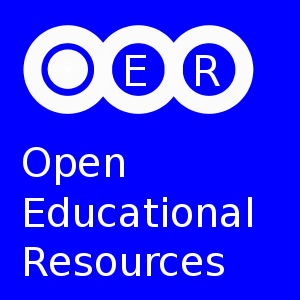"One of the defining characteristics of Open Education has been the
widespread sharing of course materials from OpenCourseWare to Open
Textbooks to more generally open educational resources (OERs).
Unfortunately many OERs are primarily content or course materials and do
not include sufficient quizzes or other activities that students can
use to check for understanding and that instructors can use to track
engagement and performance. Research shows that embedding assessments in
texts increases student completion rates and learning. Open Assessment
complements existing OER efforts with tools to allow instructors to
embed assessments in any OER, and to create shared collections of
assessment items.
MIT and Open Tapestry are developing tools
and services to allow instructors and authors to embed assessments
directly in any content (e.g., in any OpenCourseWare course) thereby
providing a richer learning experience. And BYU will be developing
validated item banks of open assessments that can be shared (which will
be developed by domain experts and psychometricians). Our approach
differs from current practice because existing tools require one of two
things: either a system that presents both content and assessments
together as part of a dedicated system or the the learner is required to
leave the content to take an assessment in a separate quiz system
breaking the flow of learning. To be able to embed an assessment of your
choosing in any existing OER wherever it might be presented will be
truly powerful.
This panel presentation will provide
conference participants the opportunity to understand how to use the
tools, existing and forthcoming open assessment item banks, and how to
use open assessment in their OER content regardless of where it's
located right away."
http://openassessments.com
Content and assessment are always separate. Typically, you look at content and then go out and take an assessment. This might not be the best way to learn.
These assessments can be embedded anywhere. Focusing on formative assessment. Self-check of their own understanding and eliminates issues around cheating. - there are self-assessments in the materials - a "hide the answer" approach.
Examples are in Saylor.org of static tests. OCW Scholar focuses on self-learners has .pdf questions.
OpenAssessments.com has each item with an embed code much like the embed code that you will find in YouTube.
It will import test questions using QTI format.
Integrated with Open Tapestry. http://opentapestry.com
Open Tapestry lets you edit versions of websites.
David Wiley talked about the creation of item banks. Faculty are sometimes loathe to adopt open textbooks because the commercial textbooks often come with testbanks. A Hewlett grant has funded the creation of openly licensed textbooks.


No comments:
Post a Comment